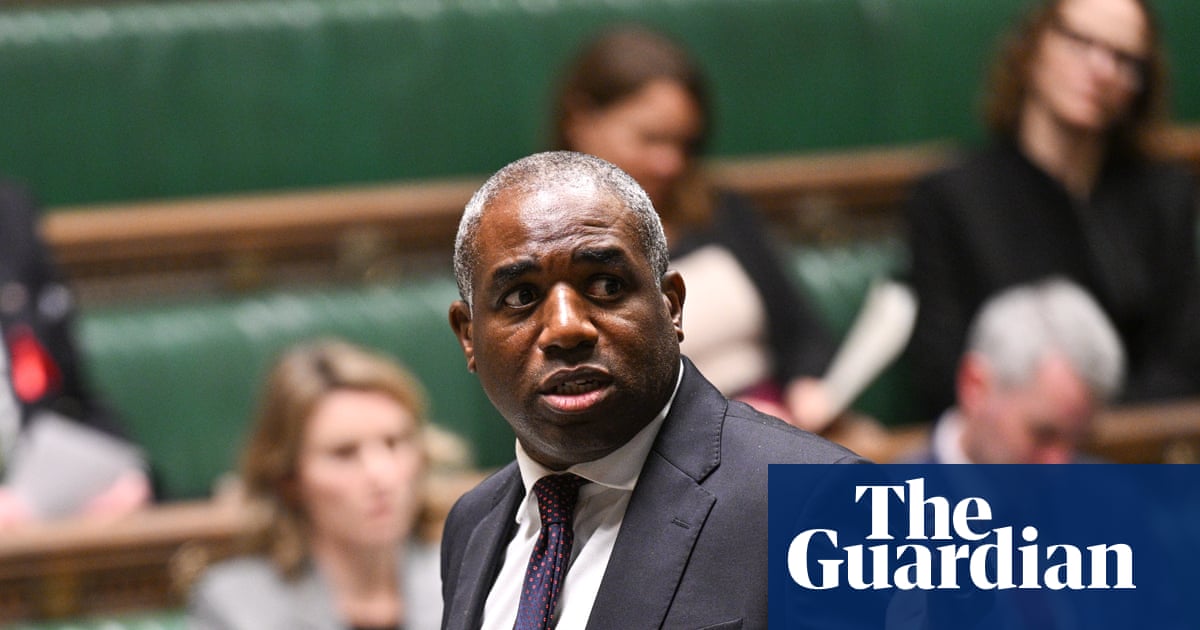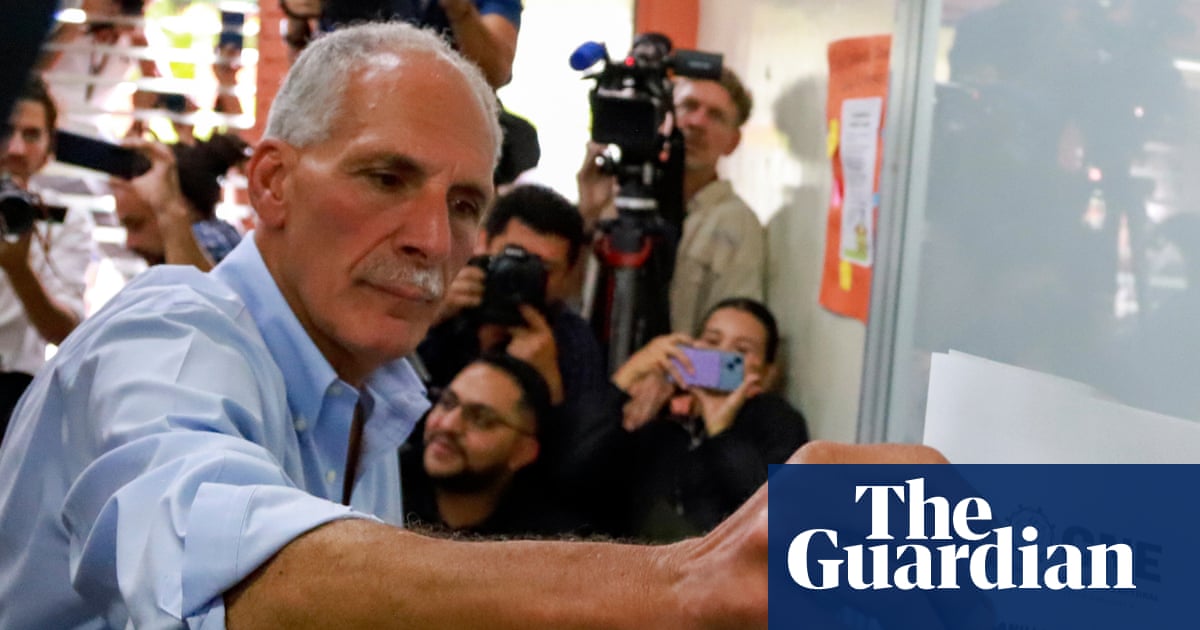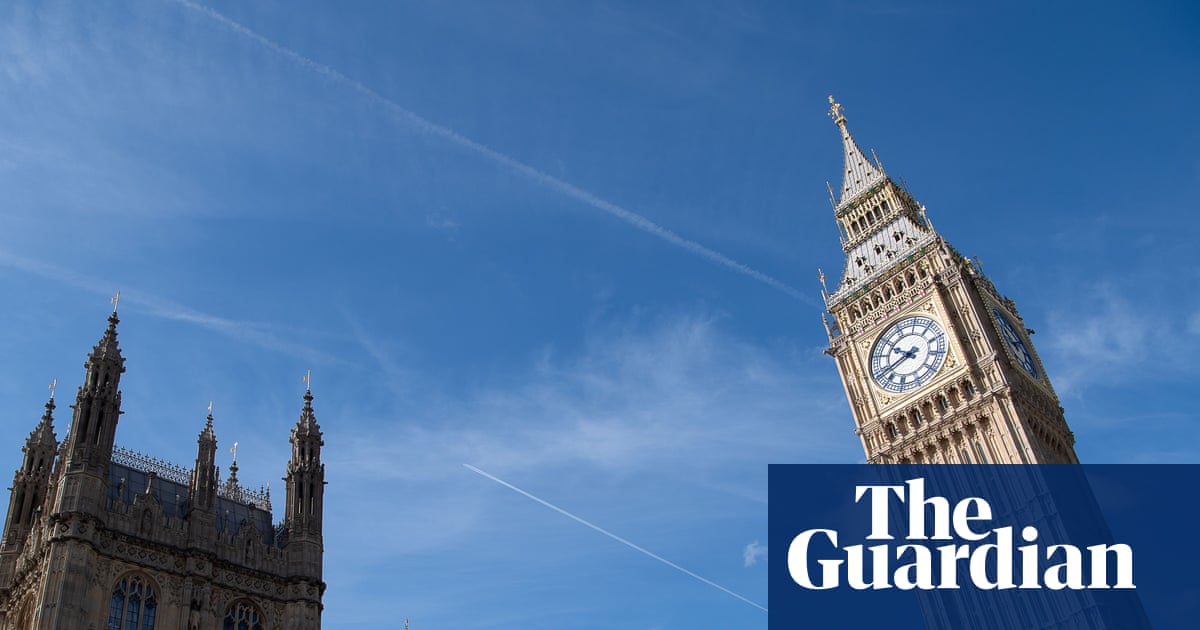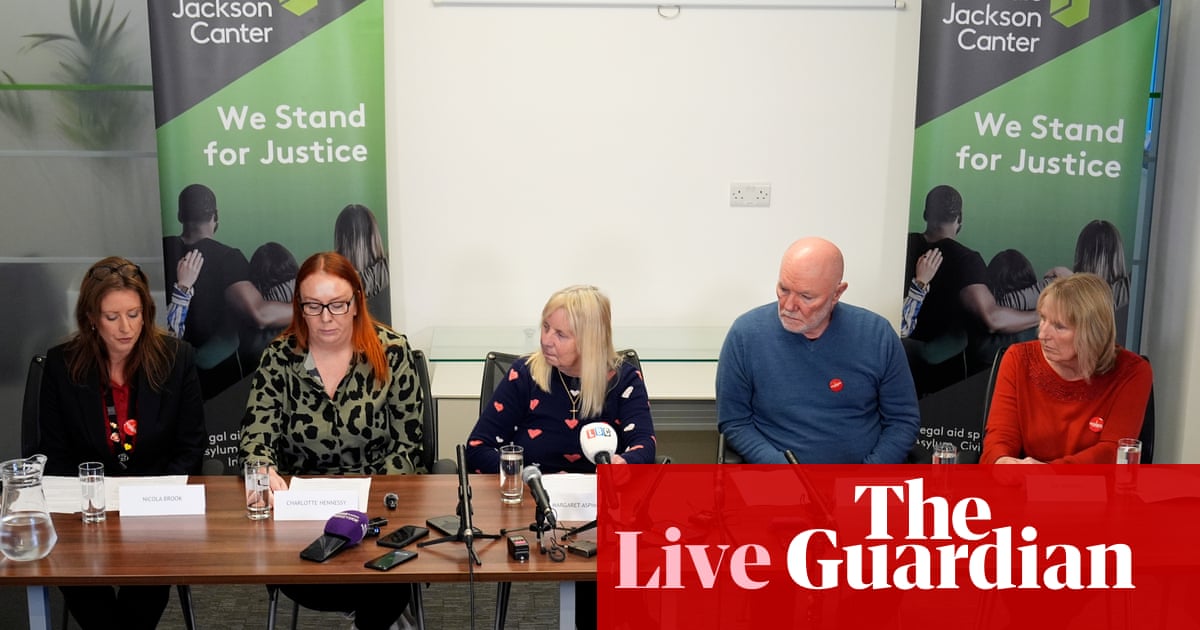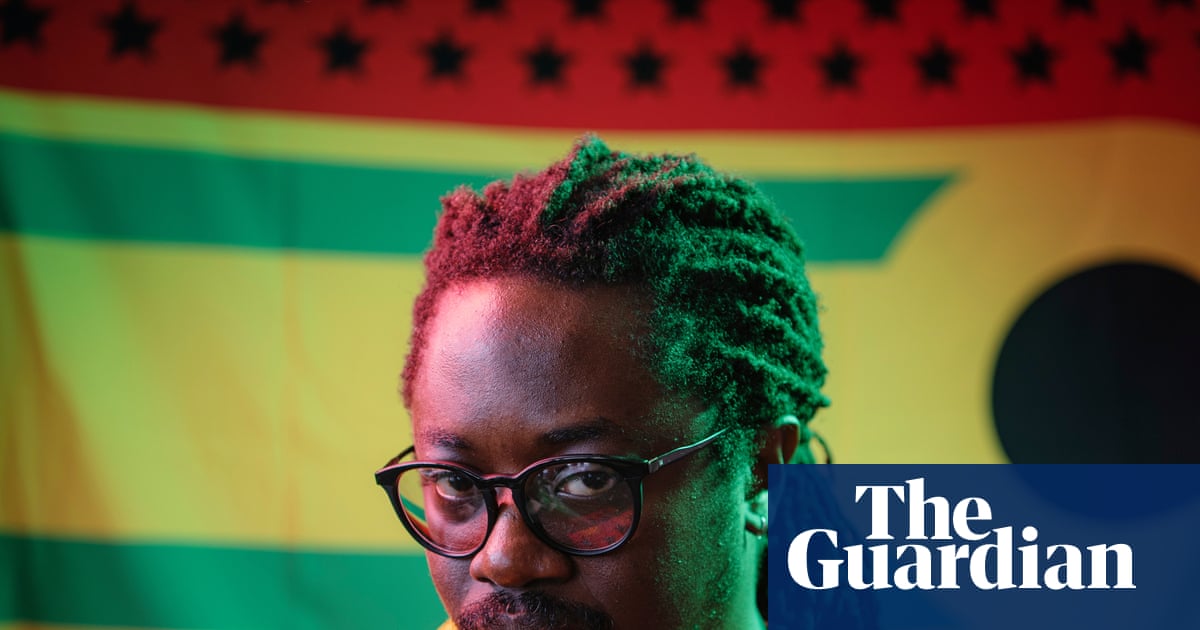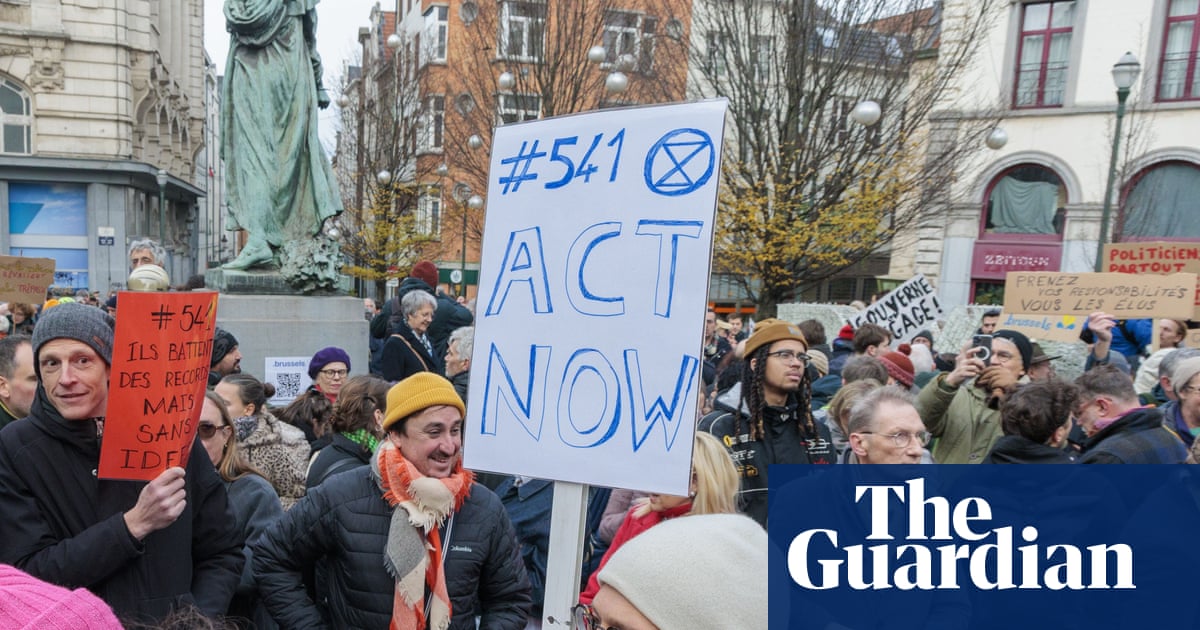Europeans who do not fit the typical definition of male or female are grappling with an “alarming” rise in violence, the EU’s leading rights agency has said, as concerted campaigns seek to sow disinformation and fuel hatred towards them.
The findings from the EU’s Agency for Fundamental Rights, published on Tuesday, were based on responses from 1,920 people in 30 countries across Europe. All of them identified as intersex, an umbrella term referring to those with innate variations of sex characteristics and which includes people who identify as trans, non-binary and gender diverse.
It found that since 2019, the rates of violence and harassment against intersex people have sharply increased – particularly among those who identify as trans, non-binary and gender diverse – far outpacing the increases reported by others in the LGBTQ+ community.
One in three surveyed, 34%, said they had been physically or sexually assaulted in the five years prior to the survey, up from 22% in 2019. Between 2019 and 2023, the rate of reported hate-motivated harassment had almost doubled, from 42% to 74%.
The survey also found that more than half, 57%, of respondents said they had been subjected “without their informed consent” to surgery or other medical treatment to modify their sex characteristics, while 39% said they were put through so-called conversion practices aimed at changing their sexual orientation or gender, compared with a rate of 25% among all LGBTQ+ groups.
The Vienna-based agency linked the rise to a wider climate of “increasing or persisting intolerance and bigotry, as well as intense online hatred campaigns” that had “instrumentalised” the LGBT+ community.
“Disinformation campaigns fomenting intolerance and prejudice are often waged by foreign and domestic actors acting to undermine European and western democracies and core values, such as dignity, equality and diversity,” the agency noted.
The result was a “weaponising” of the fact that many people know little about those who identify as intersex, trans, non-binary and gender diverse, allowing these campaigns to spread disinformation and “fuel hatred and violence against them”, it said.
after newsletter promotion
The report echoes organisations across Europe, who have long warned of politicians using parliament, political rallies and media interviews to fuel anti-LGBTQ+ sentiment and normalise discrimination across the continent.
In its findings this week, the EU agency warned that the impact of this discrimination was far-reaching for those who identify as intersex. “Their repeated victimisation and the multiple and compounded challenges they face can lead to severe exclusion and critical life situations such as homelessness, suicidal thoughts or suicide attempts.”
More than half of the intersex people surveyed, 53%, said they had contemplated suicide in the prior year. The figure was notably higher than the overall rate of 37% reported across all LGBTIQ groups.
The EU agency called on countries to add sex characteristics to the protected grounds in anti-discrimination legislation and do more to combat hate crimes and hate speech aimed at intersex people.
Their struggle requires an urgent response, said Sirpa Rautio, the director of the EU’s Agency for Fundamental Rights. “Intersex people in the EU experience alarming levels of exclusion, discrimination and violence,” she said in a statement. “They must be provided with targeted support that addresses their specific needs to ensure they can enjoy their fundamental rights and live in dignity.”

.png) 2 months ago
57
2 months ago
57


